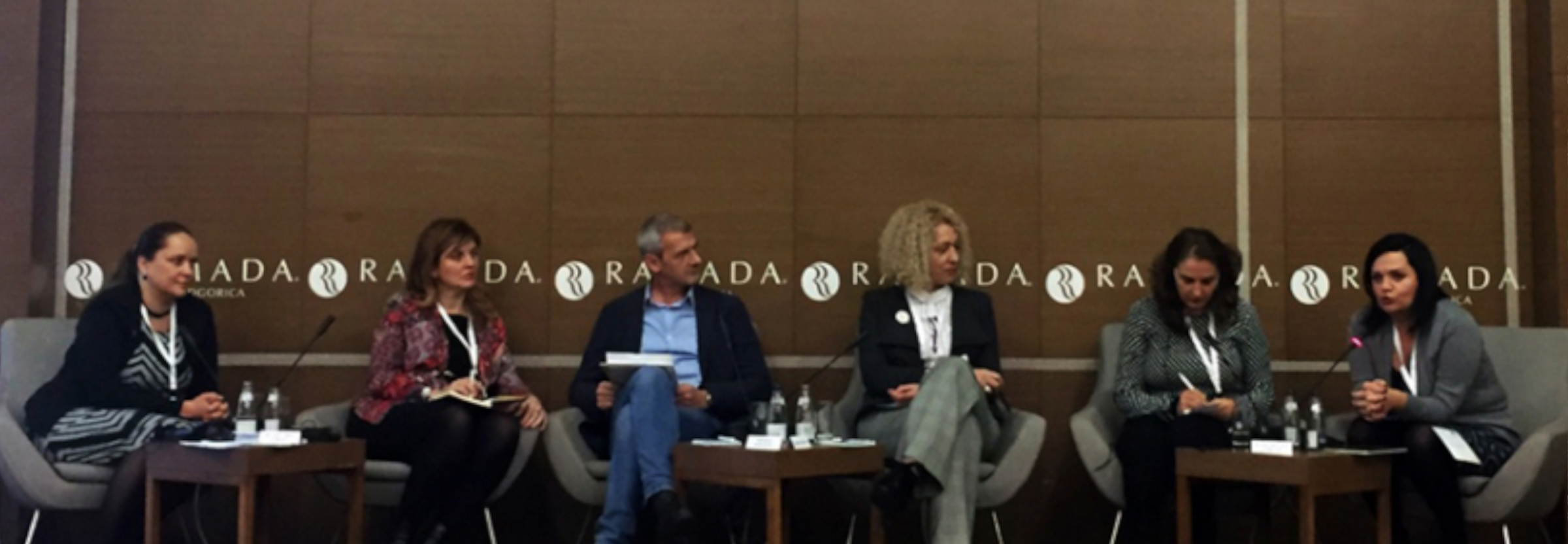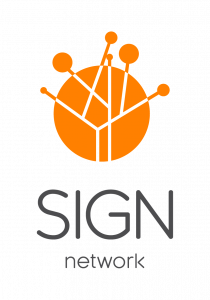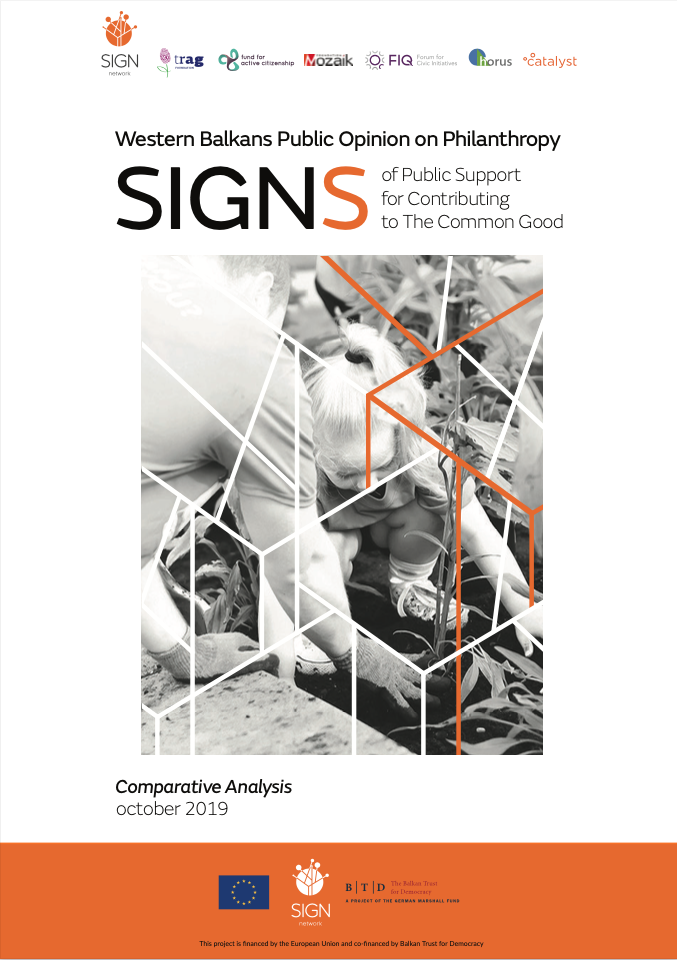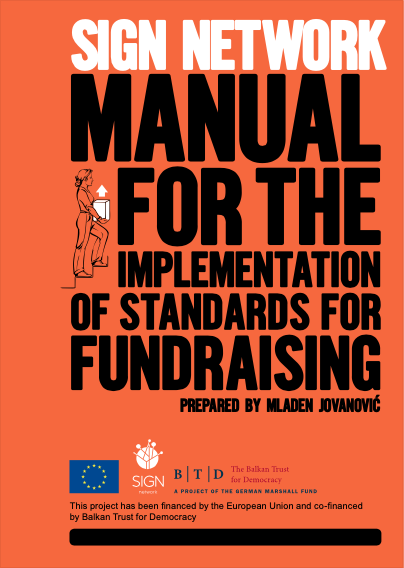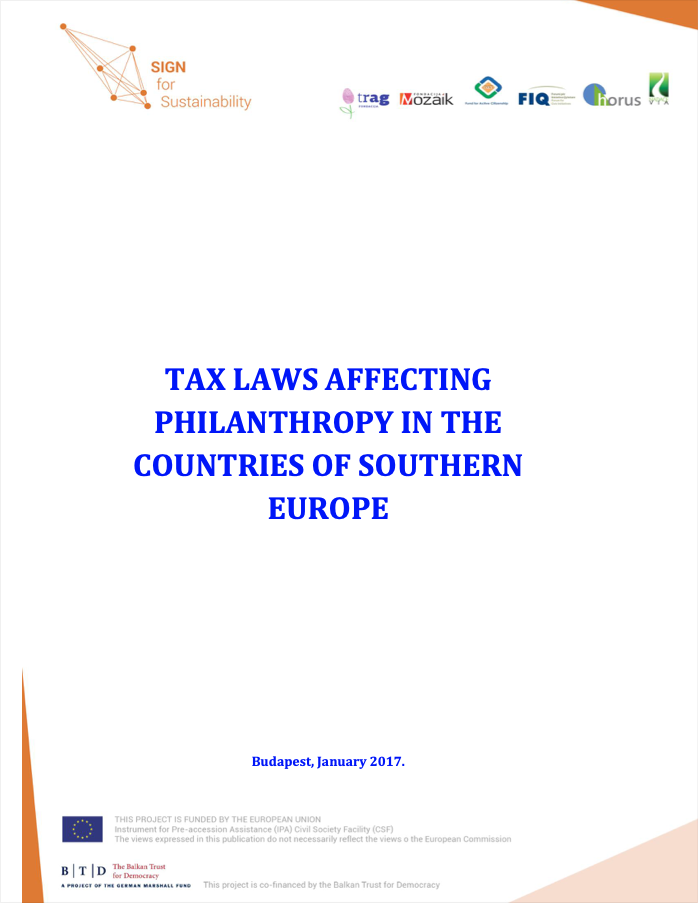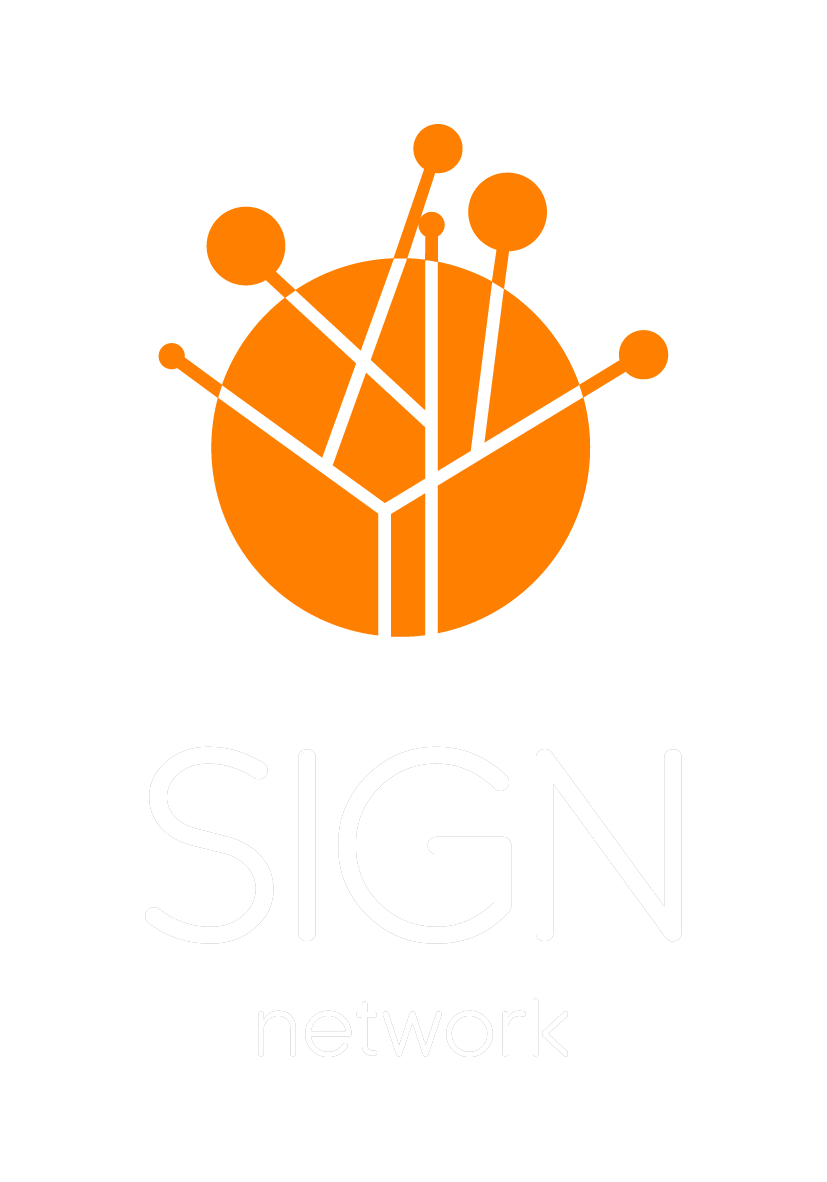SIGN Standards for Fundraising
Why?
SIGN partners have collaborated to develop a document that outlined Standards for Fundraising in order to clarify standards of accountability and transparency for civil society organizations involved in local fundraising. These standards are important because they provide a model of practices that help everyone understand how CSOs work, which in turn generates trust among all parties and can eventually result in a larger amount of local support and impact.
How?
SIGN partners collected examples of fundraising standards from 11 EU countries, and went about incorporating these into the first draft with the input of CSOs and other stakeholders to create the Minimum Standards of Fundraising for SIGN countries. Initial online consultations about the draft received a total of 97 responses, with the majority assessing the draft as excellent and comprehensive.
After additional suggestions were collected and discussed by partners, a second draft was put forward for consultations held in the autumn of 2013. More than 250 CSOs participated in these consultations. In general, participants supported the idea of further development and adoption of these Standards. Many emphasized that this is a prerequisite for CSOs to become more transparent and accountable, thus becoming more legitimate and influential in their community. After reviewing comments, partners created second draft that was pilot tested by the participants of the Sustainability Academy and put for the last round of consultations in all partner countries.
Standards for Fundraising (integral text)
Southeast European Indigenous Grant-makers Network (SIGN) is network of foundations committed to fostering an open, transparent and accountable environment for philanthropic development, corporate social responsibility (CSR) and civic activism to support and enhance citizens’ capacity to mobilize resources locally.
This document strives to set standards of practice for fundraising; spending of funds and reporting to institutional, corporate and individual donors based on agreed principles of transparency and accountability for civil society organizations (CSOs)1 in their respective countries wishing to mobilize local resources for activities related to the common good.
These standards of practice are intended to be standards for those who sign them and shall be applied in countries in South-East Europe. The intention of these Standards is to increase citizens’ trust and confidence in CSO’s activities with a goal to increase their network of support and legitimacy thus enhancing their sustainability and impact.
Civil society organizations that sign this document declare that they will adhere to the principles listed below.
We believe that organizational commitment to transparency and accountability is one of the prerequisites for cultivation and development of philanthropy in the region.
In signing these standards of practice the CSO’s agree as follows:
- To act in line with its mission, values, principles and/or strategic goals with respect to the laws, by-laws, other official acts and international treaties that are in force in its respective country;
- To be accountable, open and transparent in processes of cooperation with the respective public institutions, partners in the community, donors, government, media and in relations with their constituents;
- To have clear, truthful and open communication of its activities, results and amounts of funding to all interested parties. This CSO will also announce the origin of funds to these parties, unless anonymity is explicitly requested by the donor. The information about the received amounts of funding will be made available during the fundraising process, periodically as well as soon as the fundraising process ends;
- To safeguard use of funds and have mechanisms to prevent misuse of funds and property and to take appropriate measures should misuse occur;
- To conduct its fundraising process in a transparent way, openly communicating the purpose, activities and needs for which it fundraises and not make false promises or create unrealistic expectations when asking potential donor for support;
- To use the received donations in a responsible, efficient and effective way and in line with the purpose for which they donated. If a portion of raised funds is to be spent on operational costs, it needs to be communicated in advance;
- To publicly and clearly define how it will manage funds that have been raised in campaigns terminated by vis major or obsolescence of the fundraising cause as well as cases where the raised amount was over or under the original fundraising target;
- To ensure that the rights of their beneficiaries are respected and that their dignity and self-respect is protected in the process of fundraising, distribution and reporting on donation use;
- To timely inform its (potential) beneficiaries about the raised donations and their distribution, either through periodical reporting, via media, through direct contact or other relevant sources of communication;
- To strive to include its beneficiaries in the process of defining fundraising purpose and funds distribution, especially in deciding on further distribution of funds that remained unused once the initial fundraising goal was completed;
- To inform donors about how their donation was used as well as provide quick, true, comprehensive and open answers to related questions, based on donor’s requirements and reporting procedure;
- To acknowledge contributions from donors and ensure that all donor information is treated with confidentiality and stored safely, based on donor’s requirements and visibility policies.
Sign up
